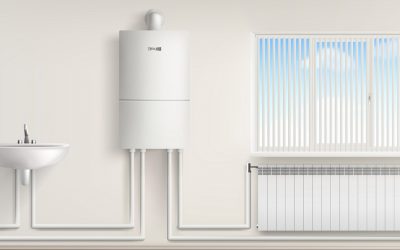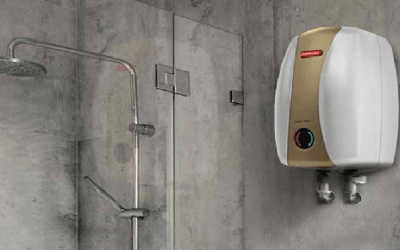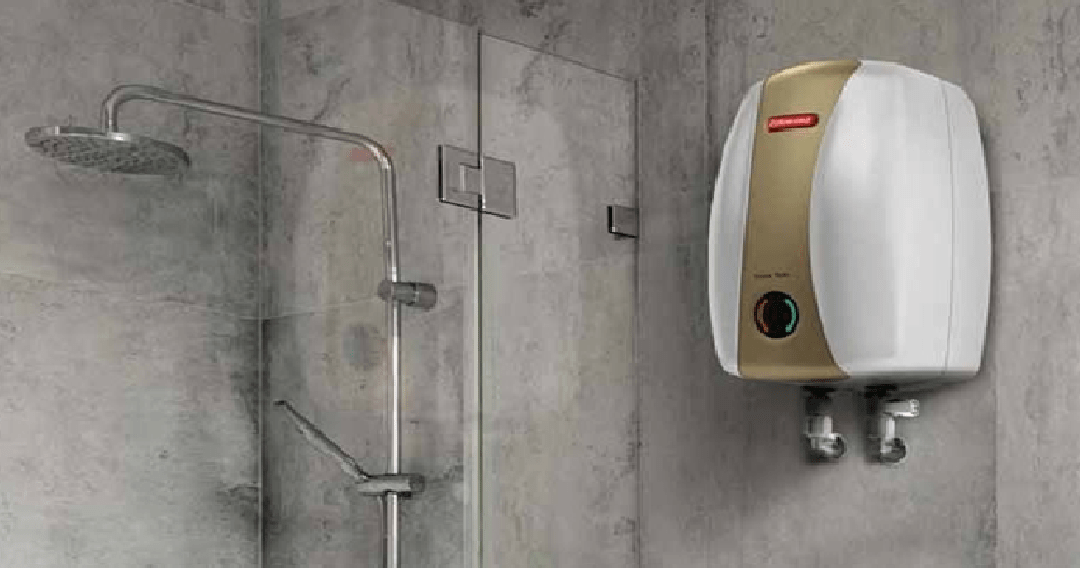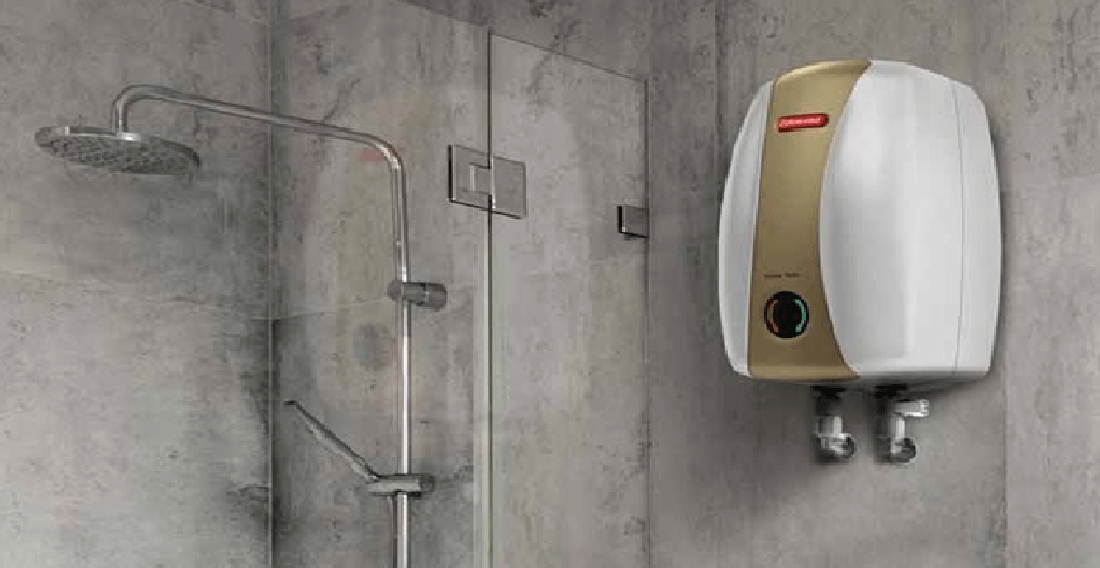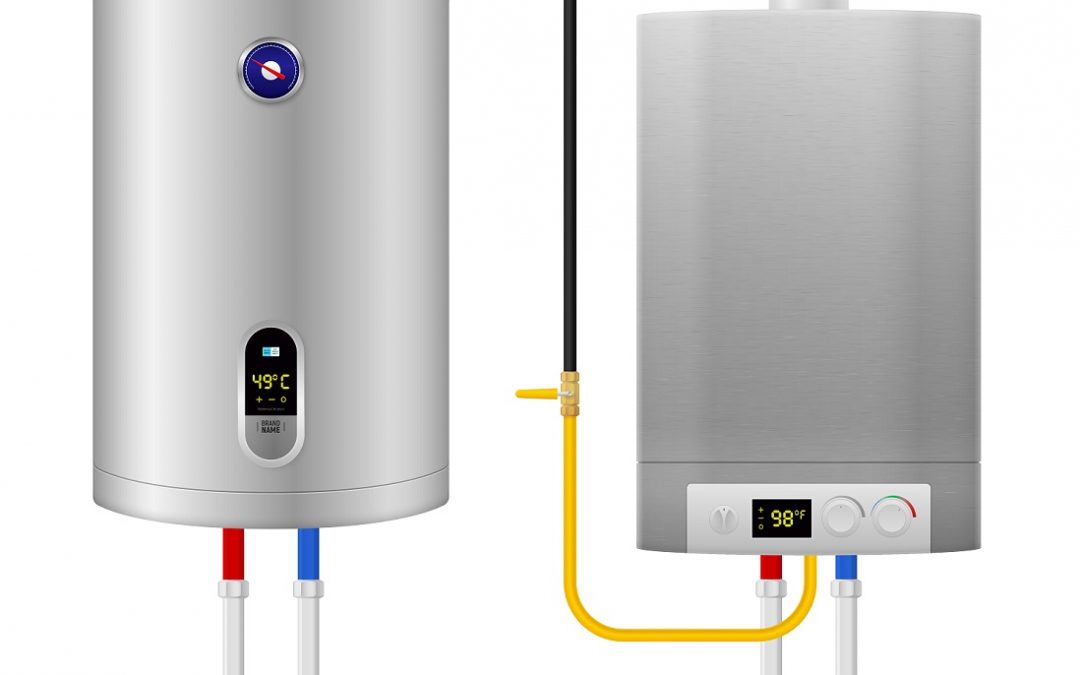Are you planning to buy a new geyser or replace the old one? You may very well end up being puzzled by the types of geysers, models and sizes...
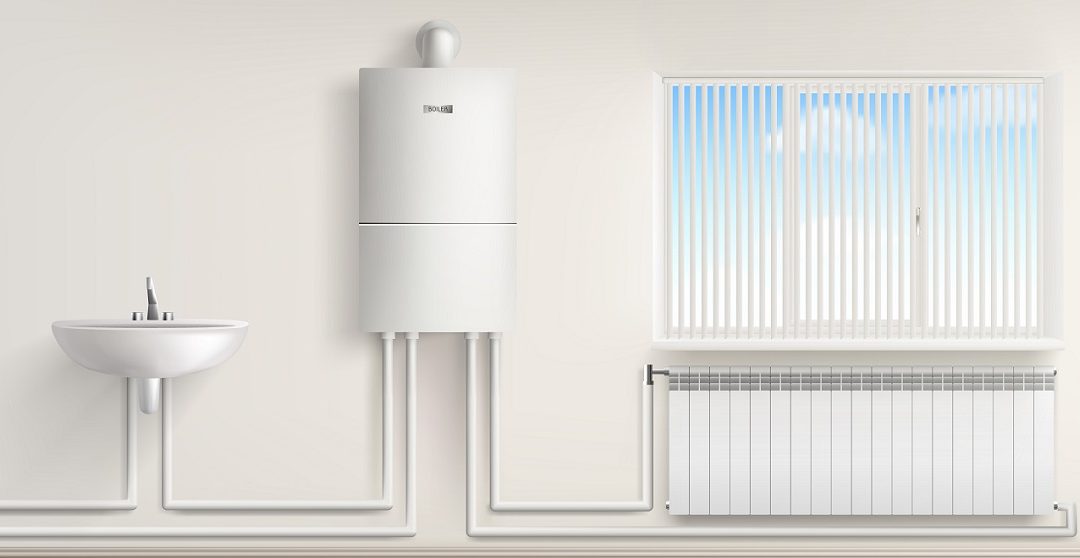
Electric Storage Water Heaters (Geysers)
Electric Storage Water Heaters (Geysers)
Are you planning to buy a new geyser or replace the old one? You may very well end up being puzzled by the types of geysers, models and sizes available. This report is a result of our efforts to find out the best storage water heater/geyser as per individual requirements, taking into consideration factors such as water usage, electricity consumption, standing loss, energy efficiency and longevity. By best we mean the one that is not only efficient in terms of electricity consumption or heating capabilities, but also the safest. What you eventually choose will depend mainly on the purpose of the hot water, where you install the apparatus, bathroom spacing, your preference for instant geyser or storage geyser and your budget. Just know that just the brand name may not be sufficient to base a buying decision on. While traditional electric water heaters are huge in size and consume high energy, their modern counterparts are relatively energy-efficient and produce hot water as per need.
There are many different brands and types of geysers to choose from, so when thinking about purchasing a water heater, you may have questions like which brand is the best, what size or capacity should I buy, which type of geyser will meet my needs, whether a 3-star geyser will do the job, or should I purchase a 5-star geyser. You can benefit from this research, which will give you a realistic concept of geyser buying.
Type of water heater/geyser: The first decision is necessarily about the heating method: electric or gas?
An electrically heated storage-tank system is usually relatively cheap to buy and install, but is usually the most expensive to run, especially if it’s on the continuous (full day) rate. Electric instantaneous water heaters are also available. An LPG water heater is a good option if you want an instant water heater. It’s cheaper than the electric type.
Then there is the solar water heater (SWH), which is the conversion of sunlight into heat for water heating using a solar thermal collector. A sun-facing collector heats water that passes into a storage system for later use. You need a large tank to allow for days with less sunlight. If your panels cannot be installed in an ideal location, they may be less efficient and you will then need a larger collection area.
Storage tank or instantaneous heater
The next decision is between a water heater with storage tank and one that heats water instantly.
Most electric, gas and solar water heaters have a tank. Stainless steel tanks are more expensive but generally last longer and do not require as much maintenance as mild-steel tanks. Water heaters with copper tank are best but costlier.
Instantaneous or continuous-flow water heaters give only as much water as you need, when you need it. They are not truly instantaneous, though – it can take a few seconds before hot water starts flowing from the tap, especially when there is a fair distance of the pipe between the water heater and the tap. Instantaneous water heaters are available in gas and electric models. There are no heat losses; they are often cheaper to run than storage systems.
INSTANT VS STORAGE WATER HEATER COMPARISON
| Instant | Storage | |
|---|---|---|
| Wall space | It occupies small wall-mounting space | It occupies large wall-mounting space |
| Delay | Hot water comes immediately | Need to wait up to 5 minutes |
| Convenience | Need to wait for more water during bathing | Get all the water before the bath |
| Geyser Price | Little higher | Little less |
| Water heating cost | Less | Little more |
| Best suitable for | Washing utensils, hand wash, bathing using bucket | Bathing using bucket and bathing using shower |
| Available size | 1, 3 | 10 – 35 liters |
Household size and water usage
What the right size of water heater is will depend on how much hot water you use. For a small household (about 2 persons), an instantaneous water heater (gas or electric) will do just fine. For a medium-size household (3 to 4 persons), gas systems (instantaneous water heaters or storage) may be preferred. For a large household (5 persons+), multiple instantaneous water heaters may be an option; gas storage units may be more economical but are equally risky due to release of carbon monoxide in the closed toilets.
Energy efficiency/star ratings
Electric water heaters have energy-efficiency star rating labels; the more the stars, the more efficient is the water heater. The highest rating is five stars. The modern tank less water heaters are much more energy-efficient than the traditional ones. When the water in the tank cools off, the power kicks in and heats it up again. An energy-efficient water heater saves you money on your monthly electricity bill. Before buying a water heater, look for one with a higher star rating.
Space matters
A conventional water heater is bulky in size and may take up a good amount of space in your house. On the other hand, a tank less water heater is compact in size and takes up significantly less space than a conventional tank.
Longevity
A tank less water heater’s longevity is more than that of a hot-water tank heater because the latter is subject to decay. A tank less on-demand water heater’s lifespan is approximately 20 years, compared to 10 to 15 years for a tank-type water heater. Tank less water heaters also have easily replaceable parts that extend their life.
Features to Consider
- Auto-off: This is a very useful feature and needs to be present in all appliances. In a heater with the auto-off feature, the appliance automatically turns off thereby preventing unnecessary power consumption.
- Power consumption: A water heater may contribute as much as 15 per cent of your electricity bill. Winters are when you usually make most use of your water heater and hence its energy efficiency should be considered. Nowadays all home appliances are star-rated and opting for products with high star ratings is advisable.
- Capacity: The capacity of the water heater is important to consider. It is advisable to opt for instant water heaters for small requirements as it is budget-friendly and occupies very less space as compared to water heaters with storage tank.
- Hard water: Hard water is high in dissolved minerals, both calcium and magnesium. This kind of water requires special attention when you are buying a water heater. You will need to go for a corrosion-resistant tank and also install a water softener so as to reduce the water hardness.
- Safety: Water heaters come with a thermostat capable of heating water up to 60 degrees – this also means you should be sure of mixing the water with normal to cold water. Most of the branded storage water heaters carry the ISI mark—assuring one of basic safety parameters.
- Warranty: Warranty coverage for most water heaters is 1 year to 2 years. Choose a water heater with the longest warranty.
- Always check the ISI mark on a geyser before buying. ISI mark on geyser means that the geyser quality meets Indian standards and is safe to use.
Be Smart and Follow These Tips
- Look for a product with the ISI Mark to ensure safety.
- Five-star rating is preferable.
- By reducing the temperature setting of water heater from 60 degrees C to 50 degrees C, one could save over 18 percent of the energy used at the higher setting.
- To select the right water heater for your home, you need to consider family size and whether your usage will be considered high or low demand.
- Location of installation of the water heater is very important. People living near the coast have to take corrosion into account. Saline water can also corrode internal parts of the water heaters.
Comparison at a Glance: Electric Storage-Type Water Heaters (15 & 25 litres capacity)
For our survey, we shortlisted regular-selling brands of electric storage-type water heaters (vertical) of 25 & 15 litres capacity. We conducted the survey during October 2022.
|
Sl No. |
Brand |
Model No. |
Rated Capacity (litres) |
Outer body material |
Inner tank Material |
Rated Power (watt) |
#Standing Loss (kWh) |
Star Rating |
Price (Rs) |
Warrantee (Comprehensive/ Tank) Years |
|
1 |
Venus |
025VL
|
25 |
Metal |
Porcelain enamel glass lined |
2000 |
0.511 |
5 |
7700 |
2+5 |
|
2 |
Crompton |
Arno Neo 3025 |
25 |
metal |
2000 |
0.511 |
5 |
6589 |
2+5 |
|
|
3 |
Morphy Richards |
SALVO |
25 |
ABS |
Glass Lined |
2,000 |
0.562 |
5 |
8195 |
2 |
|
4 |
AO Smith |
HSE-VAS-X-025 |
25 |
metal |
2000 |
0.511 |
5 |
7999 |
2+7 |
|
|
5 |
AO Smith |
SDS 025 |
25 |
ABS |
Diamond Glass Lined |
2000 |
0.550 |
5 |
10,399 |
2+7 |
|
6 |
AO Smith |
HSE-VAS-025 |
25 |
Diamond Glass Lined |
2,000 |
0.620 |
5 |
7999 |
2+7 |
|
|
7 |
Bajaj |
New Shakti |
25 |
CRCA+PP |
Mild |
2000 |
0.562 |
4 |
6599 |
2+5 |
|
8 |
Racold |
Buono Pro |
25 |
metal |
Titanium enamel coating |
2000 |
0.511 |
5 |
6999 |
2+3 |
|
9 |
Racold |
Eterno Pro |
25 |
metal |
Titanium steel |
2000 |
0.511 |
5 |
8699 |
2+7 |
|
10 |
V-Guard |
Krystal Plus 25 |
25 |
ABS |
Engineered Polymer Anti Corrosion |
2,000 |
0.562 |
5 |
9299 |
2+5 |
|
11 |
Remson |
Prime Aqua Prime CSS |
25 |
SS 304 |
2000 |
0.511 |
5 |
5999 |
2+5 |
|
|
12 |
V-Guard |
Calino |
25 |
ABS |
Mild Steel Tank |
2000 |
5 |
10422 |
2+7 |
|
|
13 |
Orient Electric |
Enamour Plus |
25 |
ABS |
Titanium Enamel Coated |
2000 |
0.511 |
5 |
7890 |
2+7 |
|
14 |
Panasonic |
Duro Digi |
25 |
ABS |
Glass lined coated |
2000 |
0.511 |
5 |
9949 |
3+10 |
|
15 |
Venus |
MegaPlus 25EV |
25 |
metal |
Porcelain enamel glass lined tank |
2000 |
ISI |
4 |
8399 |
2+5 |
|
16 |
Venus |
Splash 25GL |
25 |
abs |
Porcelain Enamel Glass lined Tank |
2000 |
ISI |
5 |
12500 |
2+7 |
|
17 |
Usha |
Aquerra |
25 |
abs |
2000 |
0.511 |
5 |
9398 |
2+8 |
|
|
18 |
Usha |
Aquagenie
|
25 |
Glass lined enamel coating on tank |
2000 |
0.511 |
5 |
10400 |
2+5 |
|
|
19 |
Bajaj |
New Shakti Neo Plus |
15 |
Metal |
Stainless Steel, Titanium |
2000 |
0.461 |
5599 |
2 |
|
|
20 |
AO Smith |
SDS Green Series 15 |
15 |
ABS |
Blue Diamond Glass-Lined |
2000 |
0.419 |
5 |
9599 |
2+7 |
|
21 |
AO Smith |
HSE-VAS-X-015 |
15 |
metal |
Blue Diamond Glass Lined |
2000 |
0.419 |
5 |
6899 |
2+7 |
|
22 |
Bajaj |
Calenta |
15 |
ABS + PP |
Mild steel with glass lined coating |
2000 |
0.419 |
5 |
8599 |
2 |
|
23 |
Havells |
Monza EC |
15 |
cold rolled steel |
Stainless steel |
2000 |
0.419 |
5 |
7799 |
2+5 |
|
24 |
Havells |
Puro Turbo |
15 |
Fero glass coated |
2000 |
0.419 |
5 |
10599 |
2+5 |
|
|
25 |
Usha |
Aqua Swirl |
15 |
abs |
Glass lined enamel coating on tank |
2000 |
0.419 |
5 |
8020 |
2 |
# Standing loss (kWh/24 hour/45°C)” means the energy consumption of a filled water heater as per IS 2082.
Note: Price may vary from retailer to retailer. Before buying, please check price on amazon.in or flipkart.com and compare the models.
Electric & Gas Water Heater: Difference
|
Factors |
Electric Water Heater |
Gas Water Heater |
|
Ease of use |
Single touch and automatic operation |
The water level and heating rate should be manually regulated |
|
Time taken to heat water |
Takes relatively more time than gas models, but stored models can deliver instantly |
Heats water quickly |
|
Space occupied |
Requires less space due to the wall mounting build |
Occupies more space and also an additional space to place LPG cylinder with proper ventilation |
|
Environment impact/ Pollution |
No pollution as water is heated through electricity |
High pollution, due to the emission of gas. Carbon monoxide can also be released |
|
Safety |
The safest option and is mostly recommended for domestic purposes |
A bit risky and should never be used in houses |
|
Ease of Installation |
Easy to install |
Connection for LPG and arrangement of outlet for ventilation and fumes needs experience |
|
Price |
A bit expensive, comparatively. The price varies from instant geyser to storage geysers |
Cheaper than electric type |
Electric Storage Water Heaters (Geysers)
Electric Storage Water Heaters/Geysers
With the start of November, few parts of our country might have already started feeling the nip in the air and then we know that it’s time to take...
Which is the Best Water Heater (Water Geyser) between price range of 5K and 10K?
As we begin to feel the nip in the air, we know that it’s time to also take stock of our winter paraphernalia, beginning from quilts and woollens to...

